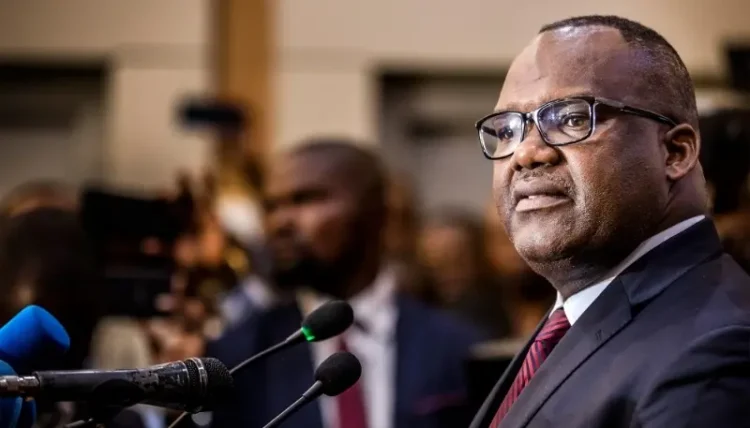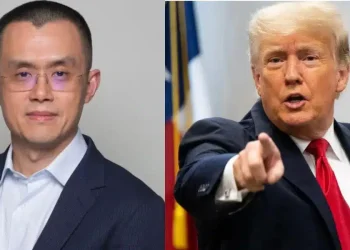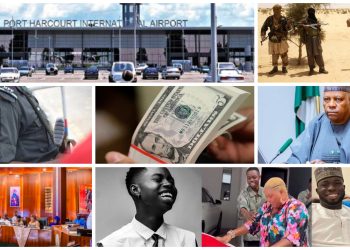The unstable nature of Central African politics produced an unprecedented transformation when Corneille Nangaa became a prominent rebel leader after pioneering the electoral commission which installed his current presidential rivals.
Nangaa supervised the disputed voting process that resulted in Felix Tshisekedi’s ascent to the presidency in 2018. Presently he commands an expanding alliance of opposition politicians who have linked up with revolutionary military groups to outright challenge the governmental authority.
Through a successful alliance with M23 rebel forces, Nangaa transformed his role from a bureaucrat to a leader of the insurgency while maintaining connections with their major Tutsi-based power base which receives Rwandan military backing.
The alliance has achieved major military breakthroughs which led to M23 rebels seizing Goma leading to unprecedented strategic momentum on January 27. Thousands of people have become displaced following a rapid offensive operation which has triggered widespread security concerns in the adjacent regions.
The rebel group targets more than border towns in eastern Congo as part of its extensive goals. Nangaa, now sporting combat fatigues and a distinctive grey beard in place of his former bureaucratic attire, has set his sights on a goal not achieved since 1997: the complete overthrow of Congo’s central government. A Rwandan-Ugandan-backed rebellion engineered an alliance which overthrew Mobutu Sese Seko in 1997 resulting in a transformative shift in the country’s politics.
International nations have intensified their concern about Rwanda’s involvement in the present conflict. United Nations experts have verified that M23 receives substantial Rwandan military backing by deploying 3,000 to 4,000 troops and arming them with missiles and sniper support weaponry. Major global powers including the United States United Kingdom and France have strongly objected to Rwanda’s military presence in the Democratic Republic of the Congo on national soil.
During questioning about Rwandan backing Nangaa chose not to provide an answer to the accusations. Instead, he emphasized Burundi’s military support for the Congolese government and the danger of regional powers becoming involved in this conflict. A complex network of international powers has the potential to turn this originally domestic political dispute into regional confrontations.
Central Africa’s biggest country faces increasing instability as rebel forces expand their power base which threatens President Tshisekedi’s control and national stability. The international community monitors Nangaa’s moving forces since the region faces potential increased violence which would worsen the preexisting humanitarian crisis in its troubled conflict decades.






